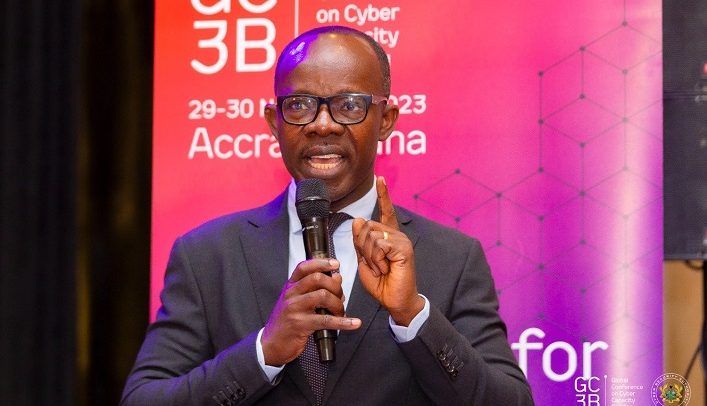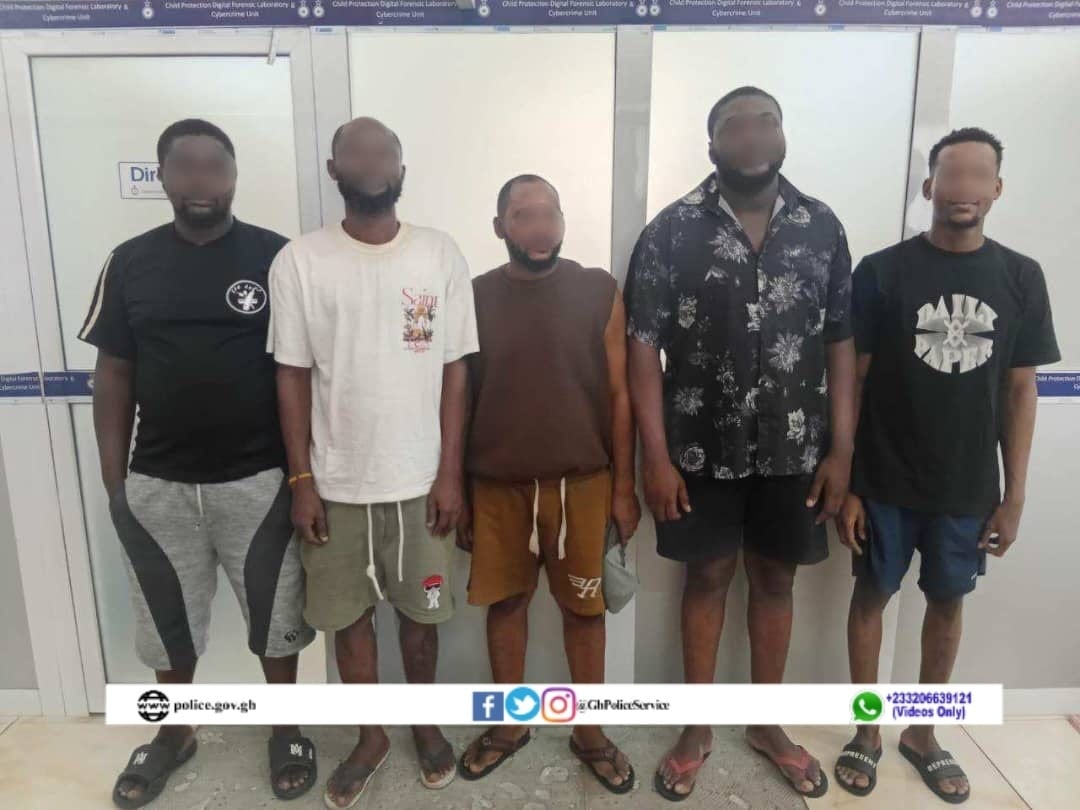
In the first part of this series, I talked about the Core 4, which are the basic ideas that guide this year’s Cybersecurity Awareness Month. They give us a way to protect our digital world together. But cybersecurity is always changing because of new technologies and new threats.
In this article, I go beyond the Core 4 to look at the next level of focus areas that Ghana and the rest of the world need to adopt to create a digital space that is strong, reliable, and ready for the future.
Cyber Resilience vs. Cybersecurity
While cybersecurity emphasizes defense, resilience emphasizes recovery. In today’s world, breaches are not a question of “if” but “when.” Resilient organisations can recover quickly, adapt their systems, and keep their operations going.
For Ghana, building resilience means making sure that both the public and private sectors have plans for how to keep their businesses running. Doing regular stress tests to find weaknesses and protecting important information systems like energy, healthcare, water systems, and finance so they can handle problems.
Accountability Builds Trust
Digital transformation needs trust to thrive. People and businesses only feel safe doing business online when they know there are protections in place. Accountability builds trust.
Governments need to make sure that strong laws like Ghana’s Cybersecurity Act of 2020 are followed and that they change as new threats arise. Businesses need to protect customer data in a clear way and take quick responsibility when something goes wrong. And people need to be responsible online, knowing that what they click, share, and post can have real-world effects.
The Human Element
Even the most advanced technologies fail if human users are careless. People are the first line of defence, but they are also the weakest link. Safer Digital Ghana and other campaigns like it want to close this gap by making people more aware of cybersecurity in their everyday lives.
To create a long-lasting cyber-aware culture, people need to keep learning instead of just on-off training. There also needs to be visible leadership commitment to cyber hygiene and cybersecurity needs to be a part of schools, workplaces, and civic programs.
Preparing for Emerging Threats
Cyber criminals innovate daily, using artificial intelligence, deepfakes, and sophisticated supply chain attacks. To stay ahead, Ghana must continue investing in:
- Sharing information about threats between institutions.
- Drills for incident response to improve readiness.
- Building skills for the next generation of ethical hackers, forensic experts, and cyber defenders.
By anticipating tomorrow’s risks today, Ghana positions itself not just to defend, but to lead.
Partnerships for Growth
Everyone has a part to play in cybersecurity. Ghana’s rise in the Global Cybersecurity Index shows how powerful it is when regulators, businesses, schools, and international partners work together. The next frontier needs even stronger partnerships.
- Making public-private partnerships stronger to protect important infrastructure.
- Enhancingregional collaboration within ECOWAS.
- Following international agreements like the Budapest Convention.
Conclusion
This article expands the vision of the Core 4, reminding us that resilience, accountability, awareness, and collaboration are just as vital to our cybersecurity journey
Cybersecurity isn’t just a campaign for October. It is a daily duty that needs the attention of the government, businesses, and citizens. We can make a digital future where new ideas can grow without putting trust and safety at risk.
The post Cybersecurity Awareness Month insights: Part 2: Beyond the Core 4: Improving cybersecurity by taking responsibility together appeared first on The Business & Financial Times.
Read Full Story











Facebook
Twitter
Pinterest
Instagram
Google+
YouTube
LinkedIn
RSS